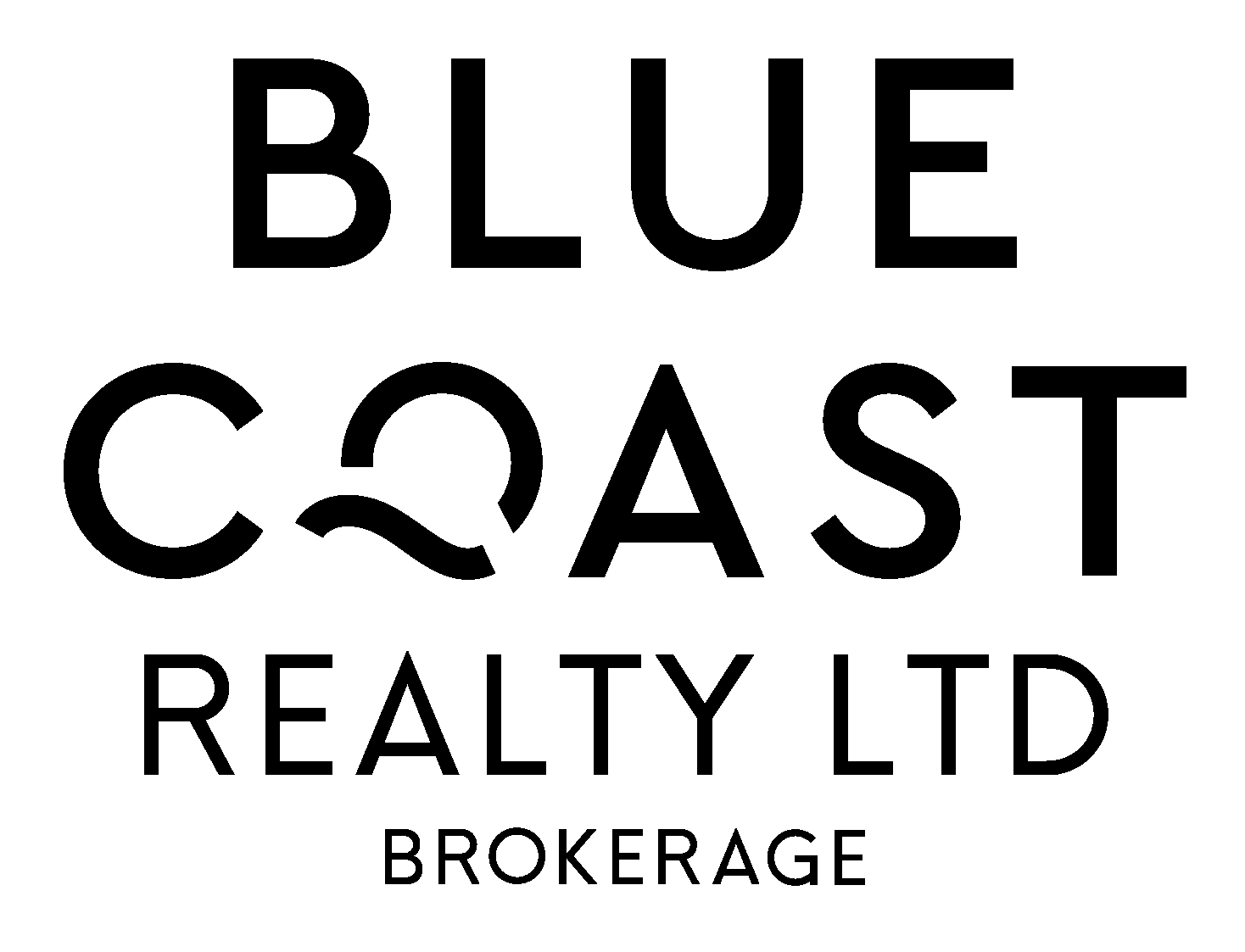
It's important to keep track of your credit score and report so that you can be proactive about maintaining a good credit rating. But how do you know what your credit score is, and how can you access it? Today, we're looking at How To Get Your Free Credit Report.
So, why would anyone need to see their credit report, anyway?
Well, credit ratings are used to forecast whether consumers will pay their bills on time. The lower your credit risk, the better you are in the eyes of financial lenders.
You used to pay a credit reporting agency $30 if you wanted your credit score. But you can now access this info for free. Equifax and TransUnion now provide free access to their customers' credit reports and scores. The way to access your credit report has mostly involved sending a request by phone, by mail or in person.
If you're making the request by phone, you'll need to provide your SIN number. But phone, mail and in person requests can feel a little outdated compared to the online world.
Now Equifax has made things a bit more convenient, as they offer free access to Canadian credit information online through their website:
https://www.consumer.equifax.ca/personal/products/credit-score-report/
Go to the Equifax website and scroll down to find the free Equifax score and report. You'll be asked a few questions. One of the options is to enter your social insurance number if you choose to do so. If you don't want to, you don't have to input it.
You can get your credit score in less than 10 minutes. When looking at your report, you will see that your credit score is a number. That number can range between 300 and 900.
A higher credit score indicates that you are a low-risk investment for lenders. A lower score may indicate missed payments or excessive debt, which can be perceived as an issue by lenders.
Some banks have started permitting their customers to view their credit scores very recently as well. But this is the first time that the two major credit bureaus, have offered this data for free.
So, what benefits can you gain from learning your credit score?
From a real estate perspective, having a better credit score can help you get approved for a mortgage with a lower interest rate.
A better interest rate could save you thousands or tens of thousands of dollars over the duration of the mortgage. Getting credit score feedback, whether that means finding out things are in good order, or not, is essential for the next steps you take; be it buying, or planning to buy in the near future.
Essentially, you go, "Okay, I'm going to keep on doing what I'm doing, because my score is great and improving", or you get that feedback and go, "Wow, I seriously need to make some changes."
Also, if you see anything that doesn't seem right, make sure to take action to fix it. Just get a hold of the credit bureau and let them know. They will open an investigation and work with you to figure out what is happening. It's recommended that anyone who makes use of credit should check their credit score at least once a year to see if it is getting better, worse or basically staying the same.
Another great thing is that when a consumer checks their credit score, it has no influence on it. If purchasing a home is in your future, go ahead and take 10 minutes to get your credit report. This way you can do what's needed to get yourself on track for purchasing the home of your dreams.

